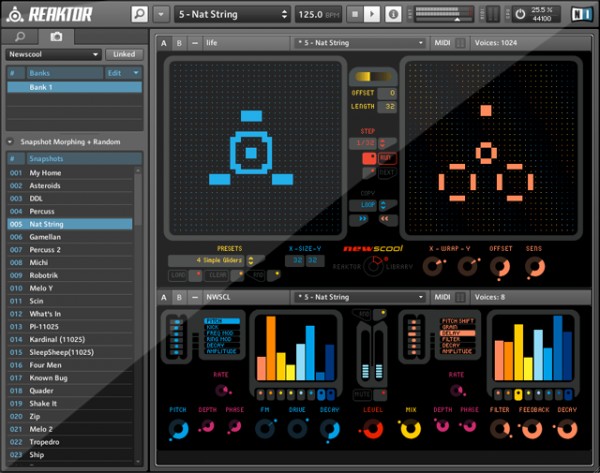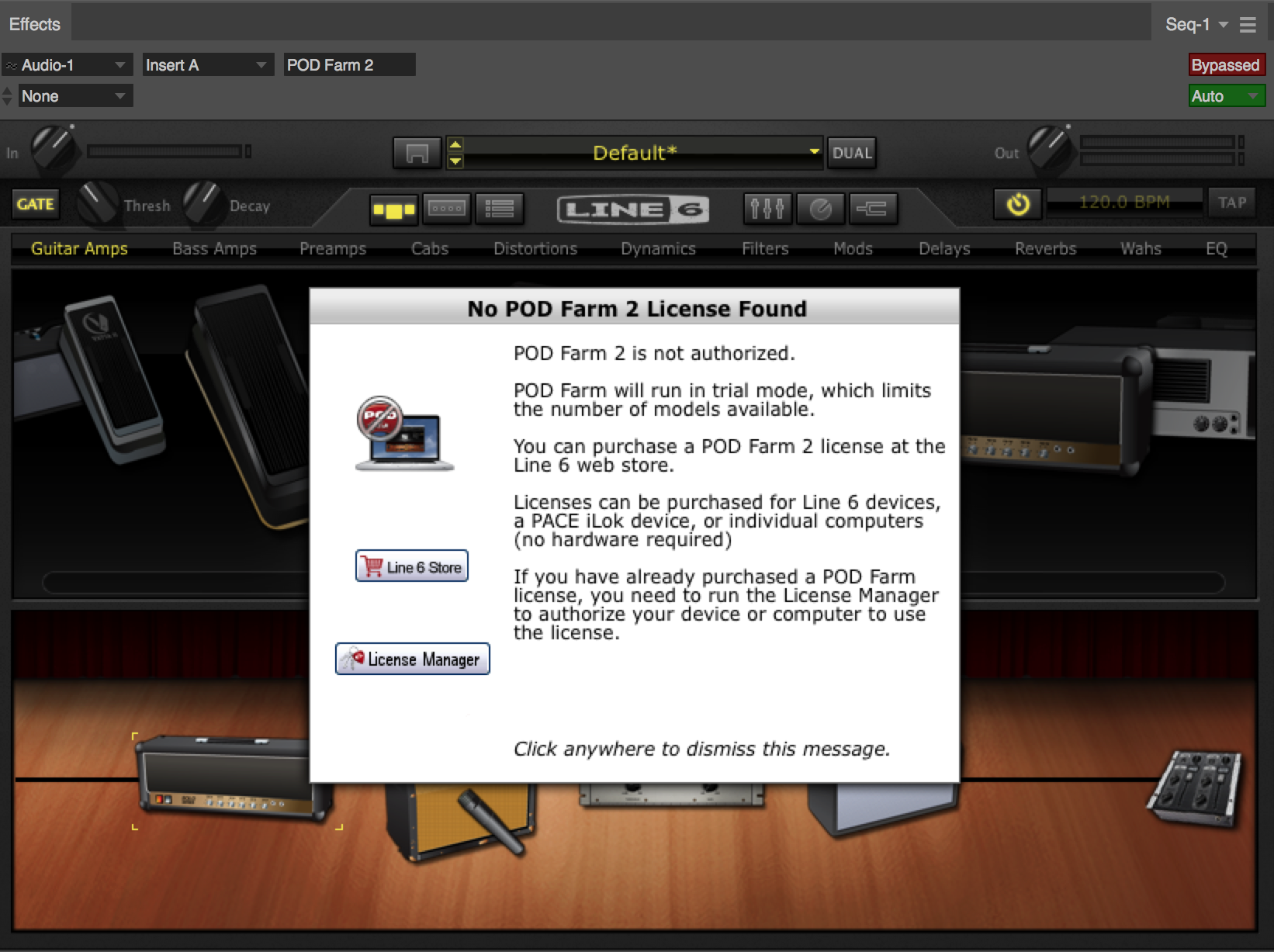
Fans of chorus need to be careful because you can turn your tone “old” really quick. I’m not a big fan, but here’s my two cents.
GUITAR RIG PLAYER MOD
Now, to be fair, chorus pedals are a very popular mod pedal in worship settings. I really like the Earthquaker Devices Organizer which turns yours guitar into a organ, but how often would I really use it? Its up to you, but weight the cost vs rewards before you buy an effect you’ll rarely use. It’s why I’ve gone away from using them, because they’re a lot of fun in practice but limited or “showy” in a worship setting.

The thing about Mod pedals to remember is that many are gimmicky. I’m not a big user of modulation, I have a Tremolo pedal on my board and both my delay and reverb pedals have some modulation features that I use from time to time but thats about it. Chorus, Flanger, Phaser, Vibrato, Tremolo, and others would be included in this category. ( Click Here to See examples) Waveforms can take different shapes, what modulation does in the most basic form is alter or effect the shape of the sound waves. I think most of us probably understand that sound travels in waves, and you may have seen some sort of representations of these waves on a screen or page.

That last part is the most important, because if you’re church does Paul Baloche/Chris Tomlin style stuff, a Boss Metal zone is probably the wrong gain pedal for you. There’s no right or wrong here, only what sounds good to your ear, doesn’t break the bank, and will fit in with the sound of your worship band and your church culture.
GUITAR RIG PLAYER SERIES
Some very solid ‘go to’ pedals in this category are the Ibanez TS808 or TS9 (or their Maxon equivalent), the Fulltone OCD (or Plimsoul, which I like better), or the Xotic Effects booster series (RC, AC, EP, BB, etc.). In fact, pedals like the classic Ibanez Tube Screamer (the pedal that 90% of OD pedals seem to be based on) is meant to take a tube amp that’s already slightly dirty and push it over the hump.ĭifferent types of gain pedals include Clean Boosts, Overdrives, Distortion, and Fuzz. Even if this is the case you may still want to have a gain pedal for dynamics. This is where you amp can come in handy if it has a two channel clean/hot option. Some people use gain for lead/solo work only, or certain rhythmic parts. What type and how much will be up to you. In most churches that have an electric guitar player, you will be allowed to use gain in some way. Anything that adds gain or drive or dirt to your guitar’s tone. This is your overdrive, distortion, and fuzz. Whatever you buy will be based on your playing style, the musical style of your band, and the culture of your church. That being said, you can basically break effects down into four categories: Gain, Modulation, Delay, and Reverb. You need to do your own homework and decide what’s best for you, this blog is only meant to be a starting point. This is not going to be a post where I tell you what pedals do buy or do gear reviews. I’ve seen guitar rigs at churches, shows, and youtube videos where the guitarist has spent a considerable amount of money on the guitar and amp but their tone is cheap and fake sounding because of the effects they used. But what happens if you plug a bunch of cheap, or poor quality effects pedals in between them? It makes all the money you spent on a good guitar/amp pointless since the pedals can suck the soul out of your sound. You have a good amp, and a good guitar, and when you plug them in they sound great. IF I SHOULD BUY THE GUITAR BEFORE EFFECTS THEN WHY ARE EFFECTS PEDALS MORE IMPORTANT TO OVERALL SOUND?

This is why I encourage people setting up a rig to get an amp with onboard effects (Vox AC15, Fender Hot Rod Deville, etc) so that you save money on the initial set up costs.

So I you have a budget to spend on setting up a guitar rig for worship, put the effects pedals at the bottom of the list (just this one time). You can’t play guitar if you don’t own one. Here’s where it gets a little quirky, because while I think that effects pedals do more for the overall tone of a guitar rig, I wouldn’t buy them before buying a guitar. I’m writing these posts in order of what I think it the most important part of getting a good sound in your guitar rig: Amplifier>Effects Pedals>Guitar. Part 1 can be found HERE, Part 2 can be found HERE. This week we’ll talk about setting up your electric rig for the first time or upgrading it to something better, specifically Effects. I try and address different aspects of the practical side of playing electric guitar in church music.


 0 kommentar(er)
0 kommentar(er)
